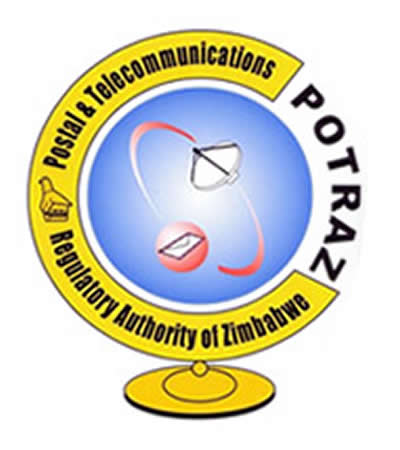No ‘free riders’: Potraz

Enacy Mapakame in Kadoma
There will be no “free riders” under a regulatory arrangement compelling sharing of telecoms infrastructure by mobile operators, as firms should pay for using infrastructure developed by their peers, the Postal and Telecommunications Regulatory Authority of Zimbabwe (Potraz) has revealed.
Government promulgated Statutory Instrument 137 of 2016, which compels infrastructure sharing by telecom firms to cut costs through unnecessary duplication of infrastructure and technology. This also means telecom firms that have made huge investments into developing their infrastructure stand to gain additional revenue from sharing their infrastructure with other operators.
Infrastructure sharing has been a contentious issue in the telecoms sector amid complaints that this was tantamount to prejudicing operators who made investments into infrastructure.
Those not keen to share infrastructure argued that operators that their competitors had not prioritised investment in infrastructure. Responding to questions at a Potraz media engagement forum in Kadoma, Potraz head of legal services Mrs Tsitsi Mbanje, said all telecom firms were required to pay for using other operators’ passive infrastructure and the regulator would ensure there is a fair cost structure.
“Infrastructure sharing is not for free, there are no free riders on this. If any player wants to share infrastructure, they have to pay those companies that invested towards developing it. As the regulator, we ensure there is fairness on the charges,” she said.
Government made it compulsory for telecom firms, dominated by Econet, NetOne, Telecel, Liquid Telecoms and TelOne to share infrastructure in a move expected to reduce service cost to both operators and consumers.
But the directive was met with resistance as some operators argued the directive was tantamount to compulsory acquisition and use of their infrastructure, which they invested heavily in. For instance, Econet indicated it had invested over a billion dollars towards developing its infrastructure. But, in October 2016, indications were that some firms had agreed on the compulsory infrastructure sharing initiative.
The concept of infrastructure sharing also entails that other firms outside the existing telecoms sector should be able to use infrastructure already developed by the existing firms. It should allow firms to maximise use of existing and future telecommunications infrastructure. The infrastructure sharing initiative is also in line with international best practice at a time the country is looking at increasing accessibility to 80 percent by 2020.









Comments